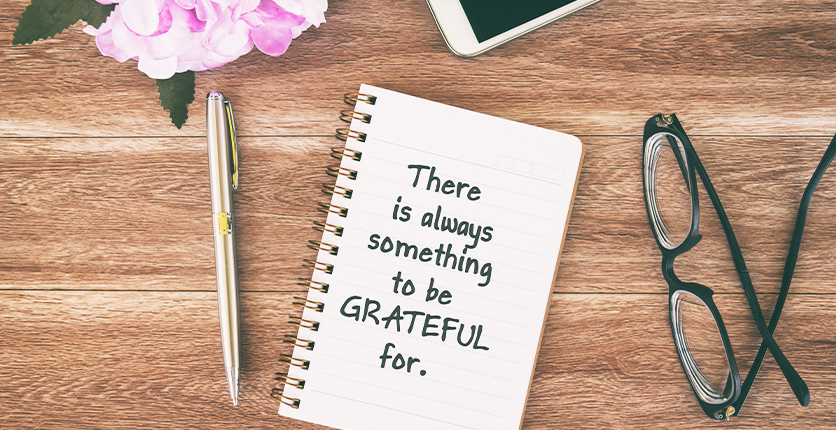It’s been a tough couple of years for almost everyone, but a brand new year is about to begin, and while we don’t know what it will bring, we can certainly prepare ourselves, mentally and emotionally, to face any challenges that may arise. Starting the year strong means taking charge of your emotional wellbeing, looking on the bright side, being thankful for your loved ones, having hope, and learning to be resilient especially when things don’t go your way.
1. Prioritise self-care

Don’t be so caught up with work, social and family commitments that you neglect to look after yourself, says Jae-Mie Yiew, a clinical psychologist at Psychology Blossom.
“Deciding to take care of your body and do things you enjoy are great ways to maintain your physical and mental health as you welcome 2022. It may be hard to find long stretches of time to practise self-care, but even small blocks of time, or short moments, are sufficient. You may decide to use this time to do something relaxing or fun, like go for a walk, start a creative project or meditate.” Here’s more about self-care and why it’s important to make time for it.
2. Lean on your support system

Because the pandemic has created so much uncertainty, it’s a good idea to share your feelings with people you trust. Jae-Mie says that talking to people who are able to understand and validate your feelings can help relieve some of the emotional burden and make you feel less hopeless. If you can’t meet them in person due to social distancing measures, you can still reach out over the phone or through video calls. Spending quality time with loved ones may also help dispel feelings of loneliness and anxiety.
3. Cultivate appreciation and count your blessings

When you make it a habit to be grateful for what you already have, you train yourself to see the positive aspects of a situation, says Joel Yang, Principal Clinical Psychologist at Mind What Matters, a local psychological consultancy. And, when you start seeing things in a positive light, you’re more likely to feel optimistic about what lies ahead.
One way to cultivate this “attitude of gratitude” is to write a short note to someone you appreciate. You can thank them for their actions, their words or their presence. Be as detailed and specific as possible. Try to do this regularly, say, every Saturday morning.
4. Focus on the present

“Fears about the future and trying to anticipate potential problems may contribute to a sense of hopelessness,” says Jae-Mie. “Rather than trying to predict what might happen, bring your attention to the present moment.
“Mindfulness is a good way to practise staying in the present moment. When your mind is focused on the ‘now’, not only will you have a greater appreciation for the moment; you’re also less likely to make negative assumptions or to engage in catastrophic thinking.”
Read more about mindfulness and how it can help you develop mental resilience.
5. Face and embrace difficulties

Whatever life throws at you, face and embrace it, because this is how you build resilience, says Timothy Lim, Well-being Ambassador at Mind What Matters.
He explains that you have to first recognise that not everything will bring you pleasure or enjoyment, but if you understand that problems can sometimes be lessons or learning experiences, you may find meaning in them and even look forward to them for helping you make better sense of what you’re going through.
6. Control what you can

While there are many things that are beyond your control, you’re not completely powerless. This is where resilience comes in handy. Jae-Mie suggests refocusing your mind to deal with things you do have control over. For example, if you’ve been feeling isolated and lonely, you may decide to start the upcoming year reaching out to your loved ones or forming new friendships and growing your social network.
7. Adopt an optimistic and hopeful mindset

“Optimism and hope build resilience and will enable you to persevere and handle difficulties you eventually have to face,” Jae-Mie points out. “You can consciously become more hopeful by paying attention to your positive attributes, past accomplishments, and the joys of everyday life. This will also help balance and dispute negative thought patterns. You might even find it helpful to consider how you might behave differently if you felt hopeful. With hope and optimism, you may be more willing to take up new opportunities that come your way in 2022.”
8. Set up your space to reinforce a positive mindset

Your environment should support the way you want to feel, so, if you want to start the year on a happier and more grateful note, Timothy suggests making short lists of everything you feel blessed for and stick them up where you can see them. You could also put up photos of people who make you smile and feel good inside. Also check out our tips on how to design your home for wellness.
Want more wellness articles like this, and other lifestyle content right in your inbox? Sign up for the eNSman Newsletter and never miss another story!







